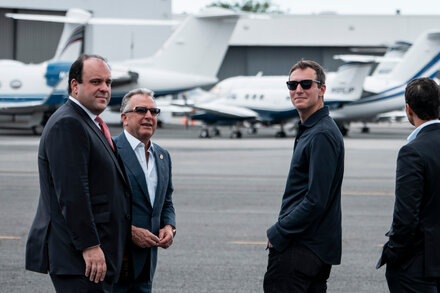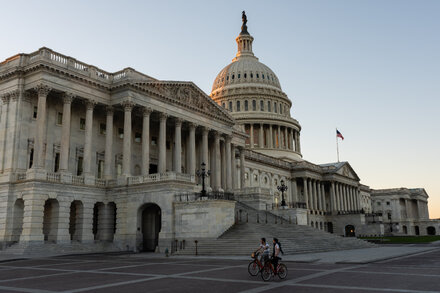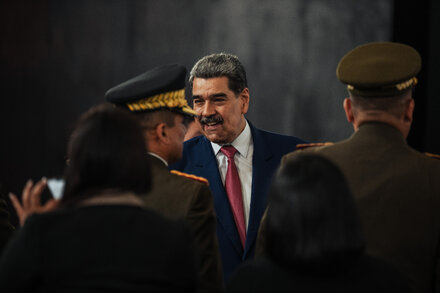Tony Blair, the former British Prime Minister, has reportedly emerged as a significant figure in ongoing international discussions regarding the future governance and reconstruction of Gaza following the cessation of hostilities.
Diplomatic sources indicate that Mr. Blair is being considered for a coordinating or advisory role, leveraging his extensive experience as a former Middle East Quartet envoy. The potential involvement comes amidst a pressing need for a viable international framework to stabilize the Palestinian territory, address humanitarian challenges, and facilitate long-term development.
Discussions among key international players, including the United States, European nations, and regional Arab states, have reportedly focused on finding a figure capable of bridging diverse interests and driving consensus on complex postwar arrangements. Mr. Blair’s decade-long tenure as the special envoy for the Middle East Quartet (2007-2015), which involved working with Palestinian Authority, Israeli, and international leadership, is cited as a primary qualification.
“Mr. Blair possesses a unique institutional memory and a network of relationships across the region and in global capitals that few others can match,” a senior diplomatic source, who requested anonymity to discuss sensitive ongoing negotiations, told reporters. “His experience navigating the intricacies of peace-building efforts, even in challenging circumstances, makes him a compelling candidate for a pivotal role in Gaza’s future.”
While the precise nature of his potential role remains under discussion, it is understood to involve coordinating international reconstruction efforts, advising on governance structures, and facilitating dialogue between various stakeholders. The international community is keen to avoid a power vacuum and ensure a structured approach to Gaza’s recovery, which includes security provisions, humanitarian aid delivery, and economic revitalization.
Challenges and Perspectives
Any role Mr. Blair might undertake is expected to face considerable challenges, given the deeply entrenched political divisions and the immense scale of humanitarian and physical reconstruction required in Gaza. His past involvement in the region has drawn both praise and criticism, and any new appointment would likely be scrutinized by various Palestinian factions, Israeli officials, and international observers.
A spokesperson for Mr. Blair’s office confirmed that he has been engaged in “ongoing private discussions about pathways to peace and stability in the Middle East” but declined to comment on specific future roles. The Tony Blair Institute for Global Change, which he founded, regularly publishes analysis and policy recommendations on global issues, including the Middle East.
“The urgency of establishing a credible and effective framework for Gaza’s post-conflict future cannot be overstated,” a European Union official commented, emphasizing the broad support for a multilateral approach. “Identifying figures who can contribute to this complex task is a priority, and all options are being explored.”
The development highlights the concerted international effort to define a post-conflict strategy for Gaza, acknowledging the profound impact of the recent hostilities and the long-term implications for regional stability. The potential involvement of figures like Mr. Blair underscores the high-level diplomatic push to secure a sustainable future for the territory.
Source: Read the original article here.





